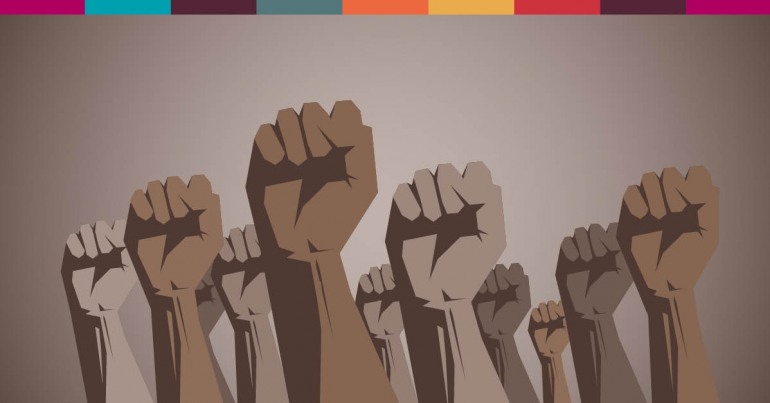Every February, Canadians are called to reflect upon the nation’s history from the perspective of Black Canadians. While Black History Month began in the U.S. in the 1920s, it is now observed in other countries including Canada, the U.K., and the Netherlands. The McGill Tribune examines how this celebration came to be.
The origins of Black History Month can be traced back to 1926 and to Carter G. Woodson, an eminent African American historian. Woodson, who believed that Black history had long been neglected in academia, designated the second week of February to celebrate the accomplishments and history of African Americans. Woodson selected February to commemorate the birth month of two influential figures in Black American history: Frederick Douglass, a formerly enslaved abolitionist, and Abraham Lincoln, 16th president of the U.S., who issued the Emancipation Proclamation. By 1976, President Gerald Ford officially recognized Black History Month, making a call to action for Americans to honor the overlooked accomplishments of Black Americans.
Black History Month was adopted in Canada in 1955, following a motion introduced by Jean Augustine, the first Black Canadian woman elected to Parliament. Although 1955 marks the official recognition of Black History Month by the Canadian government, it did not mark the first time that Black history was celebrated in Canada. Similarly, while 2021 marks the fifth year of institutional celebration of Black History Month at McGill, Black community members have organized during and outside of Black History Month for decades. When considering Black History Month, it is important to always acknowledge the labour and legacy of all those that came before, as their contributions are often erased.
In an interview with the Tribune, Senior Advisor of Anti-Racism and Equity Education Shanice Yarde discussed the importance of Black history when reflecting on Black History Month.
“Every place creates its own narrative about itself […], but it’s important that we challenge these narratives to make sure that they tell the fullness and richness of the story,” Yarde said. “[There is] denial and dismissal of oppression here [in Canada] and we compare to the U.S. to deflect. When honouring and celebrating Black History Month, it is important to have a global perspective but it is also critical to focus on the local context. Black history here is incredible, but overlooked.”
Many people do not recognize the vastness that exists when it comes to Black history in Canada. Yarde explained that due to the censorship in history textbooks, many Canadians are not aware that Black people were once enslaved in Canada.
“[There is a] narrative that Black people don’t exist or face violence here,” Yarde said. “There is a particular way in which Blackness gets erased from a space based on what narratives are perpetuated and challenged and which ones are not [….] Every single year I learned about Rosa Parks and [Martin Luther King], and not to discredit the incredible contributions that they have made, but there are so many other important and notable people. ”
While February is a month to learn and celebrate Black history, students should continue this work and dialogue year round.
“[It is] also important for people to continue and push this work beyond February,” Yarde said. “[There are] all of these events that happen in February, but once March 1 arrives, it’s just crickets. There is a role for people to continue these dialogues and education beyond February. How are we creating spaces outside the designated time period? What work are we doing when the cameras are off and the spotlight is no longer on?”
Furthermore, Black History Month is often used as an opportunity to talk almost exclusively about racism and oppression, perpetuating a narrative that Blackness is only connected to trauma and violence. It is clear that understanding Black history transcends learning about oppression Black people have endured: It is also about the ways they have fought to survive and thrive in Canada.
Visit Equity at McGill for resources to educate yourself on anti-racism and allyship as well as ways to honour Black History Month.








